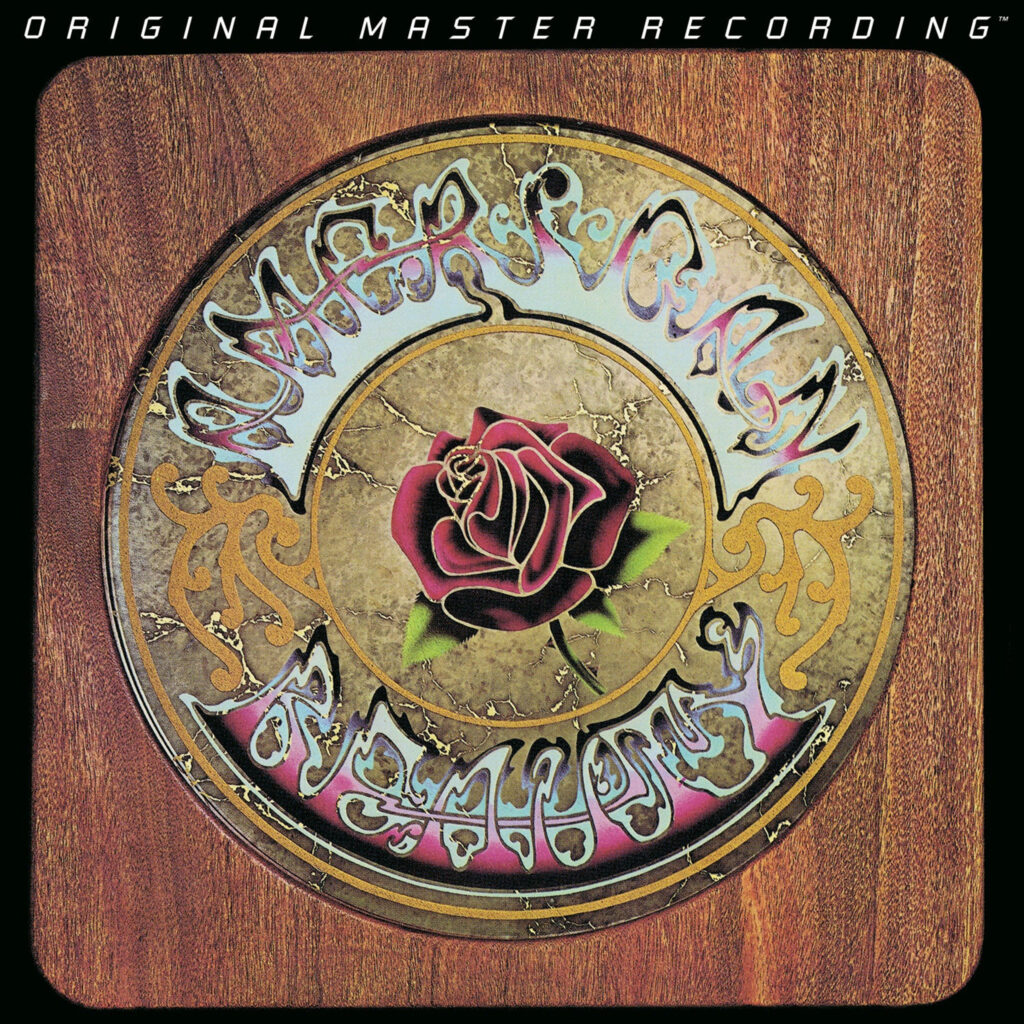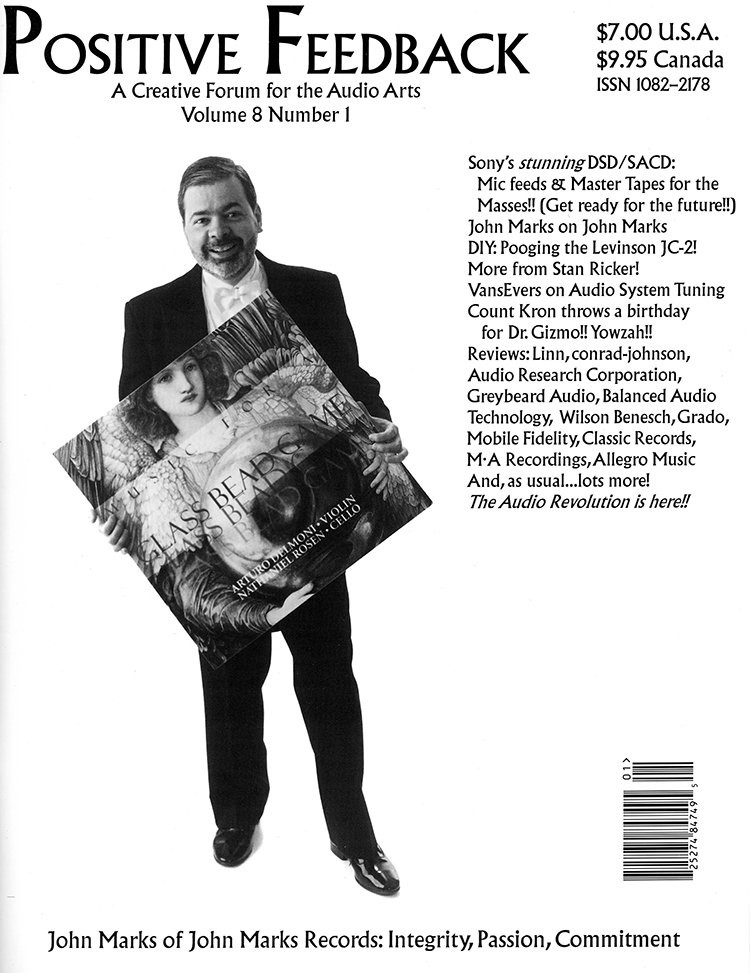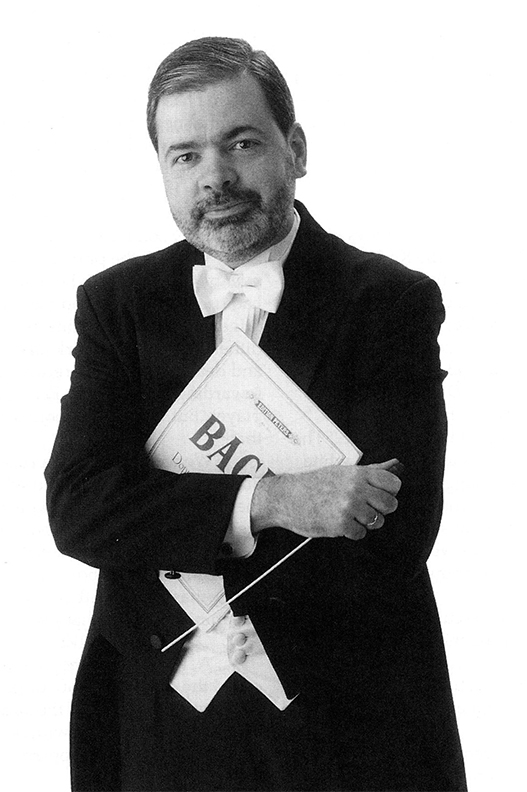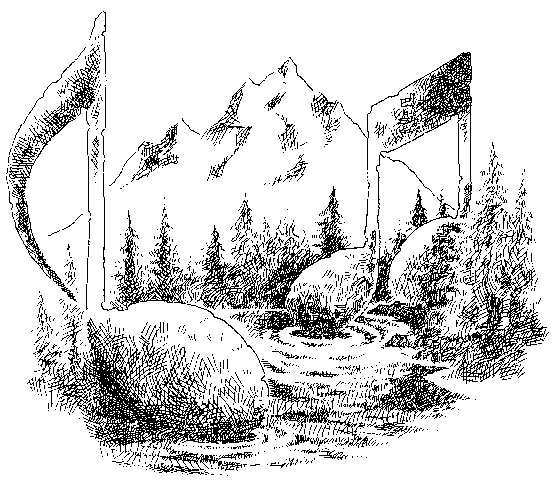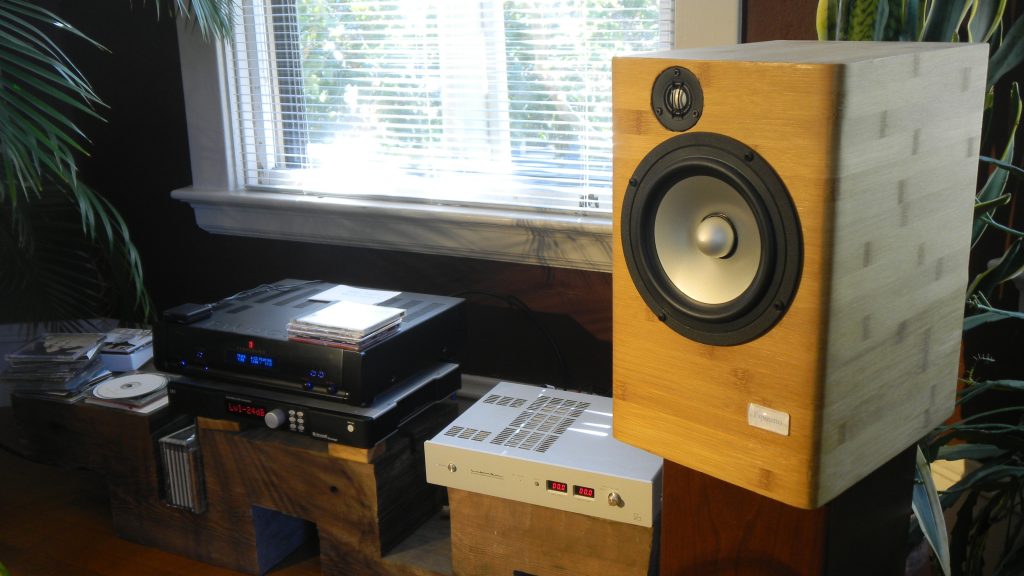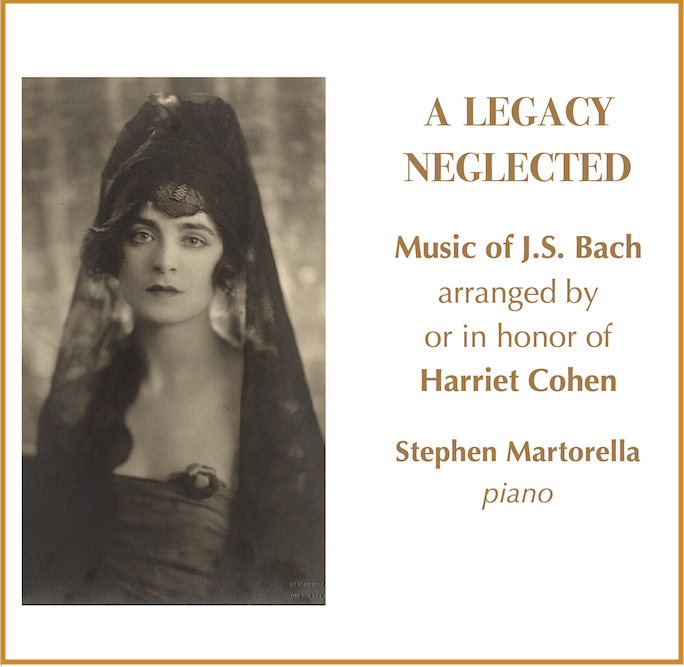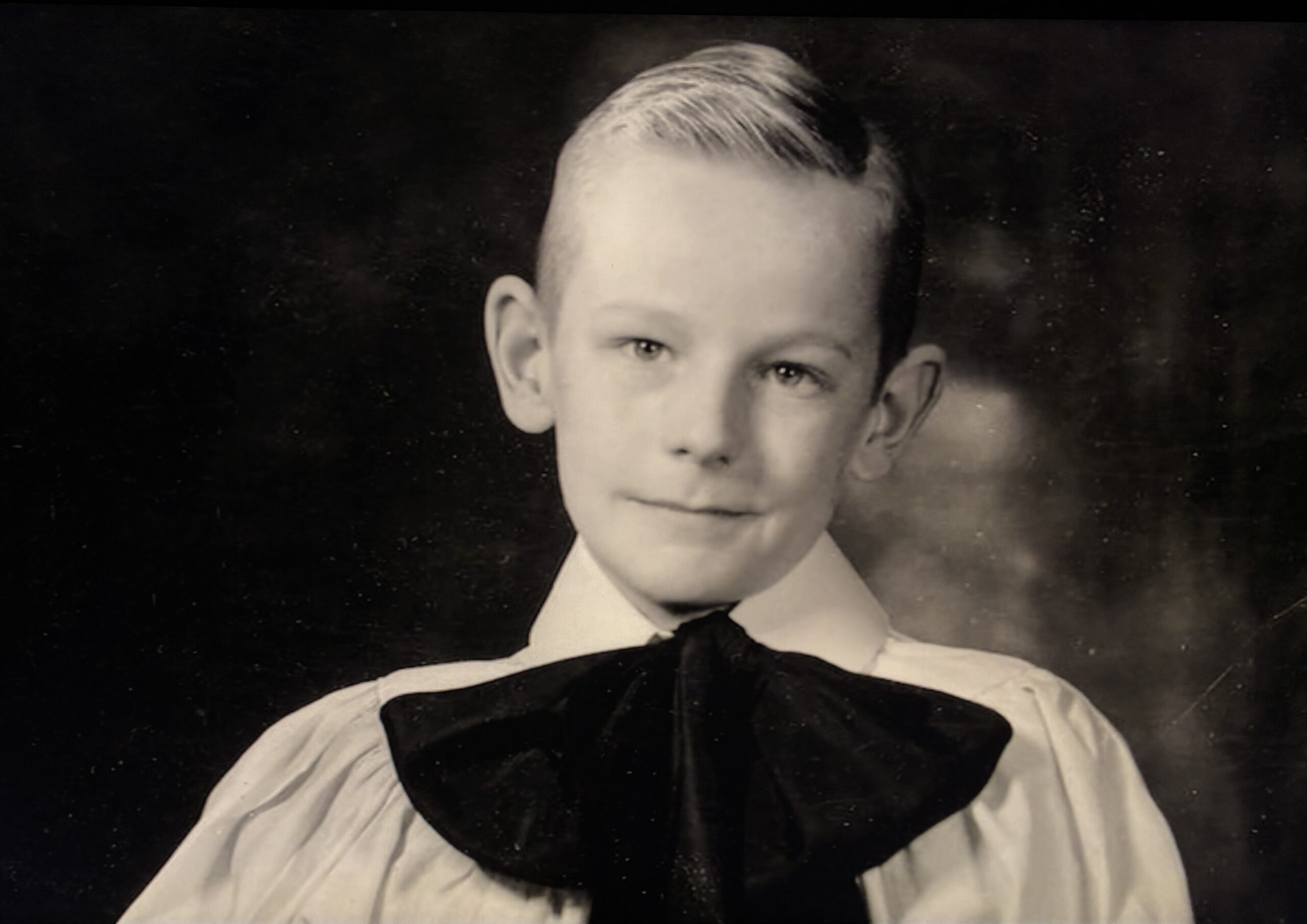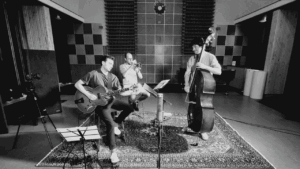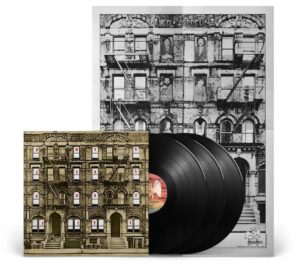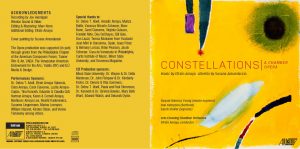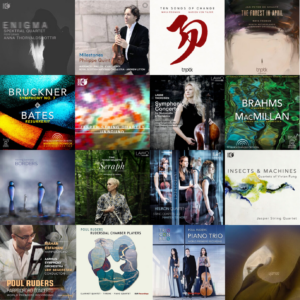An Affirmation of the Concept of Grace
I can already envision the angry Comments:
Herr Doktor Marks: We hereby award you the Prize for the Most Completely Outrageous Clickbait Trash-Post of the Week!
I reply:
Nicht so schnell!
Please read my headline carefully.
I am not claiming that the Grateful Dead were a "Christian" rock band, at the core of their identity.
What I am saying is, that at least for one song, there is evidence that you should not ignore that, however momentarily, the Dead's songwriting duo of R. Hunter and J. Garcia wrote and set lyrics that were strongly influenced by (indeed: they were lyrics based upon) a core tenet of Christian theology and belief. Rilly.
The song is "Attics of My Life," from their 1970 LP American Beauty.
As an indication of their remarkable productivity during this period, in 1969 and 1970, the Dead released two albums a year. In 1970, the Dead released albums in June and in November.
November's American Beauty is where the band completed its transition from an experimental "psychedelic" jam band fronted by electric guitar, to more of an "Americana/Roots" band.
"Grateful Dead 2.0" replaced electric guitar with acoustic and steel guitars. There were also fewer guitar solos. Folk and country influences resulted in "conjunct," "sweet" (quoting R. Hunter), major-key melodies, with "close" folk harmonies.
It was a surprise to us—as it was to everybody else:
this machine-eating, monster-psychedelic band
is suddenly putting out sweet, listenable material.
- Robert Hunter, 1999
I think that it is hard to argue with the conclusion that the harmonies of "Attics of My Life," show Gospel-Music influences more than anything else. Of course, that borrowing, in and of itself, does not indicate a Christian theological orientation (or even influence).
However, if you give very careful attention to "Attics of My Life"'s lyrics, … perhaps, in the back of your mind, something might strike you as vaguely familiar.
In the spirit of Fair Use (I think this counts as an academic article), here are the lyrics:
In the attics of my life, full of cloudy dreams unreal.
Full of tastes no tongue can know, and lights no eyes can see.
When there was no ear to hear, you sang to me.
I have spent my life seeking all that's still unsung.
Bent my ear to hear the tune, and closed my eyes to see.
When there were no strings to play, you played to me.
In the book of love's own dream, where all the print is blood.
Where all the pages are my days, and all my lights grow old.
When I had no wings to fly, you flew to me, you flew to me.
In the secret space of dreams, where I dreaming lay amazed.
When the secrets all are told, and the petals all unfold.
When there was no dream of mine, you dreamed of me.
© The Grateful Dead and Rhino Entertainment, used under Fair Use.
Please focus on the second and third lines of "Attics of My Life"'s first stanza:
Full of tastes no tongue can know, and lights no eyes can see.
When there was no ear to hear, you sang to me.
If you had had to read Shakespeare in high school or college (as I did); and, if your readings had included the at-times slapstick comedy A Midsummer's Night's Dream (ditto), you might remember the buffoon character "Nick Bottom." The sprite Puck gives Bottom the head of a donkey. Much low comedy ensues.
Eventually, Puck gives Bottom his own head back. Bottom then struggles to describe what he then thinks of as his "dream" experience:
[. . .] The eye of man hath not heard, the ear of man hath not seen, man's hand is not able to taste, his tongue to conceive, nor his heart to report, what my dream was.
While the scumbling and mis-matching of the nouns and verbs is meant to be comedic, it is also intended to show that Bottom had spent the entire evening getting his brain very much rattled.
What Shakespeare's audience most likely would have caught onto is that Shakespeare has Bottom (very badly) trying to quote from a famous verse in the New Testament's "First Epistle to the Corinthians," that verse being Chapter 2, Verse 9:
[. . .] The eye hath not seen, and the ear hath not heard,
neither have entered into the heart of man, what things
God hath prepared for them that love him.
It appears likely that Robert Hunter had had to read A Midsummer's Night's Dream when he was in high school. I also think it is likely that Bottom's scumbled word salad, which was based on a verse from First Corinthians, simply got stuck in Hunter's memory.
But, Herr Doktor Marks! That factoid, even if it is accurate, does not make Robert Hunter a Christian!
Entendu! But the evidence you cite the lack of is there, if you look carefully.
This verse is the key, I think:
In the book of love's own dream, where all the print is blood.
Where all the pages are my days, and all the lights grow old.
When I had no wings to fly, you flew to me, you flew to me.
Casual listeners can be forgiven for assuming that Robert Hunter was expressing his gratitude to a supportive love interest, girlfriend, or wife; or even to a "Muse" figure. That's what I always had thought.
However, I recently came across a 1996 posting on Newsgroups: rec.music.gdead that rocked my world. In 1996, a high-school student (Deb Nison) emailed Robert Hunter, asking for help on a high-school paper she was writing. Rilly.
To her surprise (and mine), Hunter responded, as follows:
Deb,
I guess I have to give the stock answer: if I could say it in prose I wouldn't need to write the song. Poetry is evocative—it's meant to communicate to deeper levels and approach the levels of non-verbal experience.
I guess the best I could say is that "you flew to me" is an affirmation of the concept of grace –
No, this is not a song about being stoned. It's a song about the soul.
rh
"An Affirmation of the Concept of Grace" - Robert Hunter said it, not me.
Note, any conspiracy-theory skeptics can find Deb's Newsgroup posting archived on The Grateful Dead's official website which can be found HERE.
I think what is going on in that song is that Robert Hunter has personified the concept of Grace; and therefore, Grace is the "You" being sung to.
David Dodd, who wrote many feature articles for the official Dead website, put it very well:
With "Attics," this whole notion ("to communicate to deeper levels") seems to be expressed in the meticulous way in which Hunter brings up all the normal ways of knowing: sensory (hearing, tasting, seeing…) and pursuit of books and study, then dismisses them as inconsequential in the face of that which is simply given to us, unquestioned, unsought.
No question, the foregoing does not at all mean that Robert Hunter was ever on the verge of a personal conversion to the Metric System—or to anything else.
However what it does mean is that Robert Hunter was intelligent, educated, cultured, sensitive, creative, and… spiritually humble. Which is not a bad thing to aspire to be.
P.S.: À propos de rien, the first part of "Attics of My Life"'s brief instrumental intro, which consists of a few repeated little melodic-doodle turns on the guitar, makes me wonder whether, consciously or unconsciously, Jerry Garcia had been influenced or inspired by the intro of The Lovin' Spoonful's 1965 minor hit "Did You Ever Have to Make up Your Mind?" Or, perhaps he wasn't.
PPS: I highly recommend the hi-res downloads of American Beauty that have been processed with the Plangent Processes analog-tape wow-and-flutter removal process. The Plangent process definitely "cleans the window," as far as I am concerned. Available from HDTracks.com HERE.




